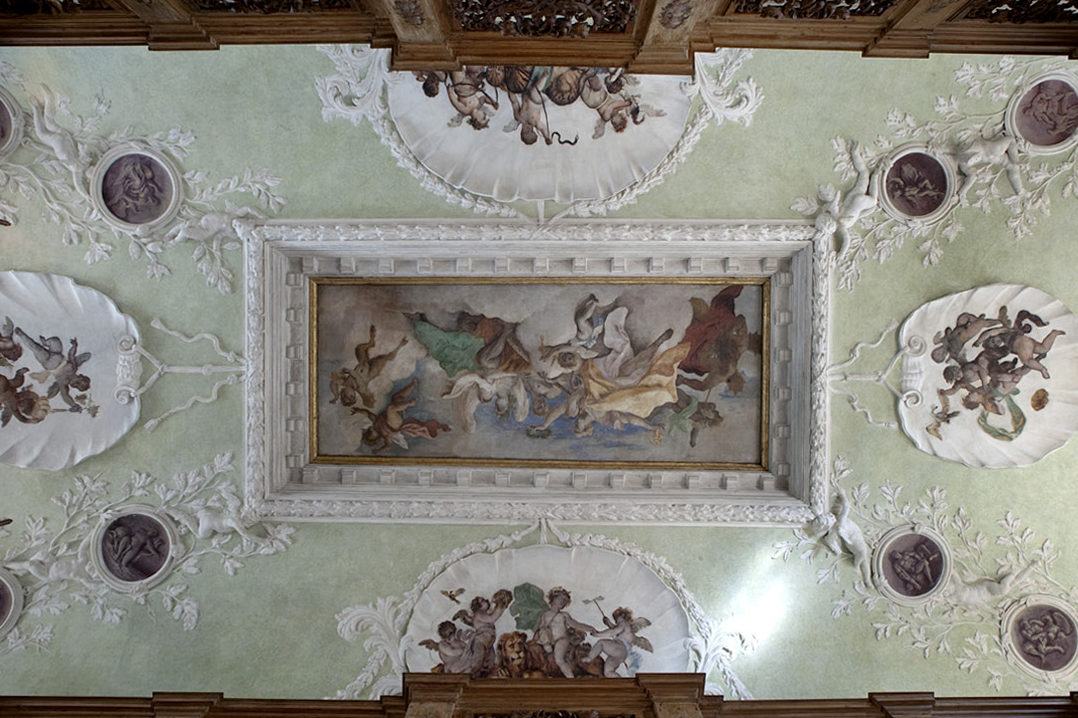The vocation of the Palazzetto Bru Zane – Centre de musique romantique française is to favor the rediscovery of the French musical heritage of the years 1780 to 1920, and to obtain for that repertoire the international recognition it deserves.
Constant, in-depth scientific research, carried out in partnership with musicologists and international institutions, enables us to rediscover forgotten or hitherto unpublished scores and also, in some cases, to be in direct contact with the families of descendants of nineteenth-century composers. Our research is materialised notably through the organisation of seminars, the digitisation and also the cataloguing of precious collections. With artists from all horizons, we prepare programmes that are attractive and original, while respecting their individual qualities as musicians, with compositions ranging from chamber music to large-scale symphonic or choral works. Each year unifying themes are chosen, with the aim of providing an overview of a particular period or genre, or the works of a little-known composer. Presentation of the concerts at an international level considerably enlarges the public concerned by the Palazzetto’s activities, while maximising promotion of the artists and their work. Direct support for the “extra-mural” programmes given in collaboration with other institutions also strengthens and enriches the network of partnerships with countries from China to Canada and from Lebanon to the countries of Eastern Europe. Through educational projects and its work in partnership with a number of international competitions, which are important springboards for young artists embarking on their professional careers, the Palazzetto Bru Zane is also actively involved in providing young musicians with an opportunity to get to know the realities of the music world today, while sharpening their critical faculties and developing their personalities. Indeed, when performing works for which there is no interpretational tradition, musicians have to find inspiration and conviction within themselves. New publications in book form enable us to share our constantly advancing knowledge of the Romantic repertoire with a wide public. Works, which include summaries of current research, analyses, biographies and so on, cover not only the field of musicology, but also related disciplines, such as literature and art history. At the same time, the publication of musical scores, most of which have never previously appeared in print, makes it possible to perform an increasingly varied choice of works in concert. Finally, a long-term recording policy, while testifying to the artistic achievement of the projects developed, enables more and more people to get to know this repertoire.Description





